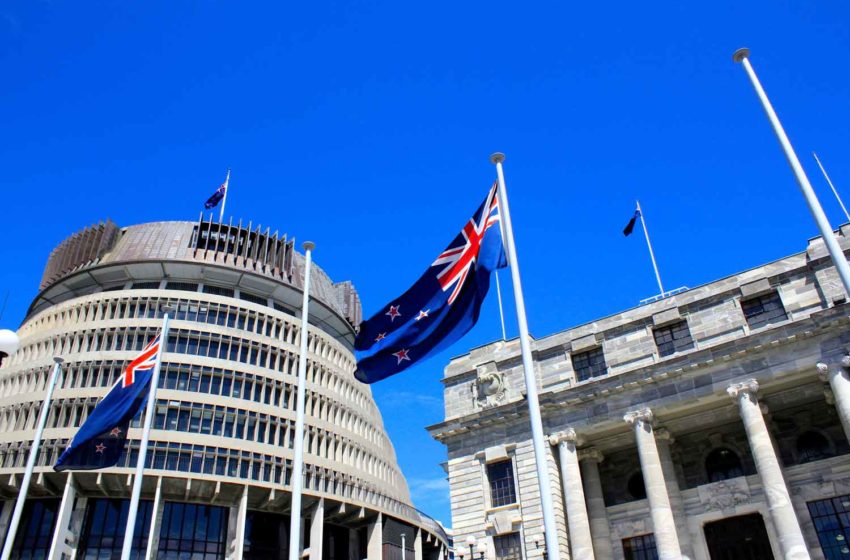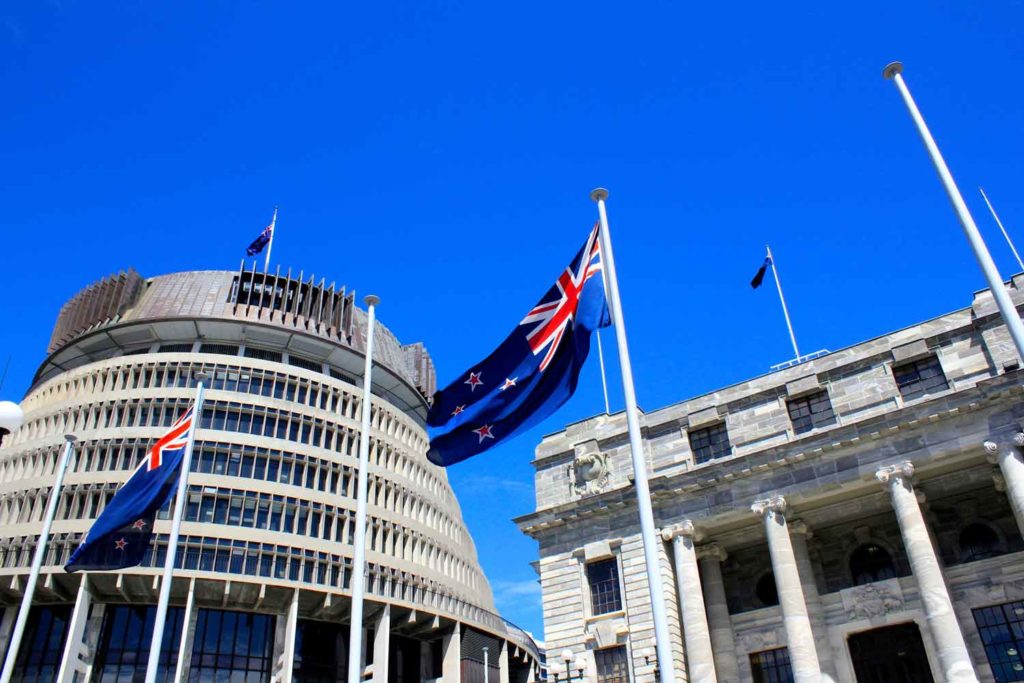
The U.S. Food and Drug Administration on April 26 authorized four NJOY products through the premarket tobacco product application (PMTA) pathway. The FDA issued marketing granted orders to NJOY for its Ace closed e-cigarette device and three accompanying tobacco-flavored e-liquid pods—NJOY Ace Pod Classic Tobacco 2.4 percent, NJOY Ace Pod Classic Tobacco 5 percent and NJOY Ace Pod Rich Tobacco 5 percent.
The decision is significant because, unlike previous marketing orders—the FDA earlier authorized varieties of BAT’s Vuse Solo brand and Japan Tobacco International’s Logic e-cigarette—this one covers a product with a decent market share. While Vuse overall is a bestseller, the variety that received marketing approval in October 2021 is based on outdated technology and used by only a few people.
According to Nielsen and analyst reports, which measure financial data typically from convenience stores (and not vape shops), NJOY is the third-largest vape manufacturer in the United States, holding a little more than 3 percent of the market.
The most recent authorization is also the first for a brand not owned by a major tobacco firm.
“Looking at the situation with rose-colored glasses, an independent pioneer like NJOY getting two nicotine vaping products through the convoluted FDA authorization process is something to celebrate,” Greg Conley, the president of the American Vaping Association, told Filter. “Unlike the only two other companies with authorizations, NJOY could not subsidize their applications with cigarette sales, so they were at a disadvantage from the start.”
While authorizing NJOY Ace tobacco-flavored pods, the FDA rejected other Ace e-cigarette products. Applications for two menthol-flavored Ace e-liquid pods remain under FDA review.
No flavored product has yet received FDA authorization, even though tobacco harm reduction advocates insist flavors are necessary to lure smokers away from combustible cigarettes. “The FDA’s current policy of denying all flavors and deferring action on menthol applications is evidence of just how broken the agency is,” Conley told Filter. “The FDA still has not accepted that millions of adult vapers will not be switching to tobacco flavors anytime in the future.”
Under the PMTA pathway, the applicant must demonstrate to the FDA that marketing of the new tobacco product would be appropriate for the protection of the public health, the FDA explained in a statement. According to the agency, the authorized NJOY products were found to meet this standard because chemical testing was sufficient to determine that overall harmful and potentially harmful constituent (HPHC) levels in the aerosol of these products is lower than in combusted cigarette smoke.
“Further, data provided by the applicant demonstrated that participants who had used only the authorized NJOY Ace products had lower levels of exposure to HPHCs compared to the dual users of the new products and combusted cigarettes,” the FDA wrote. “Therefore, these products have the potential to benefit adult smokers who switch completely or significantly reduce their cigarette consumption.”



















